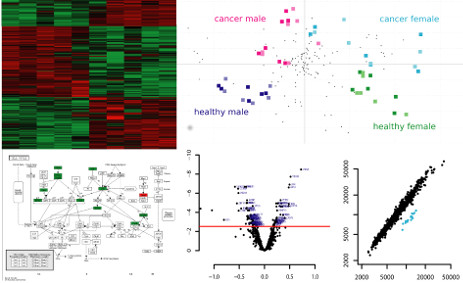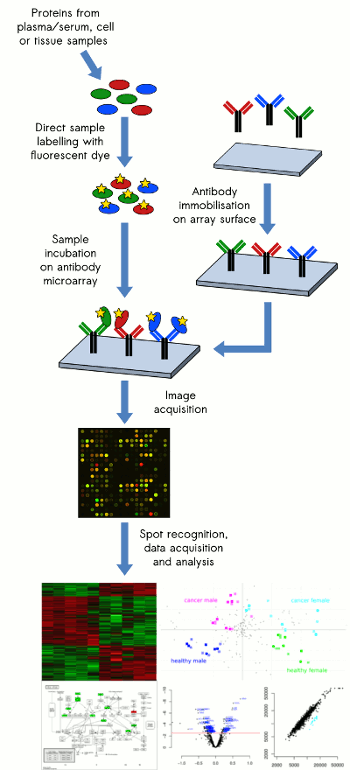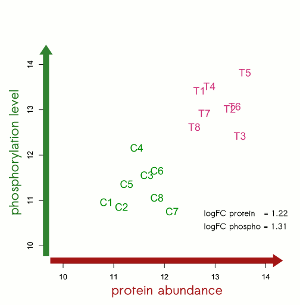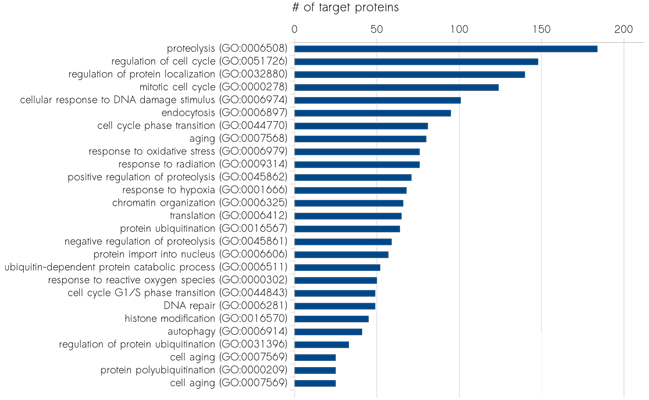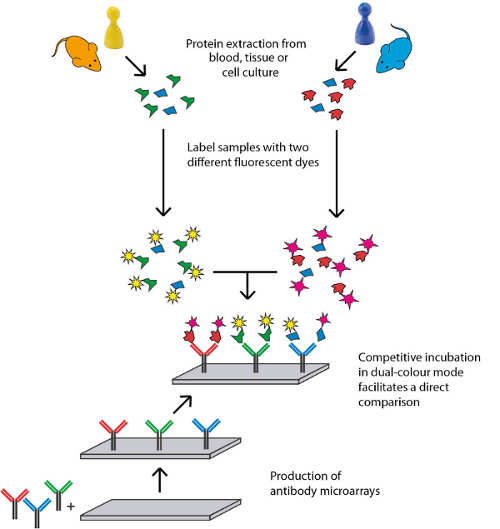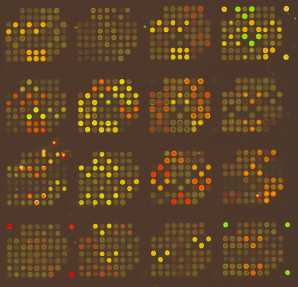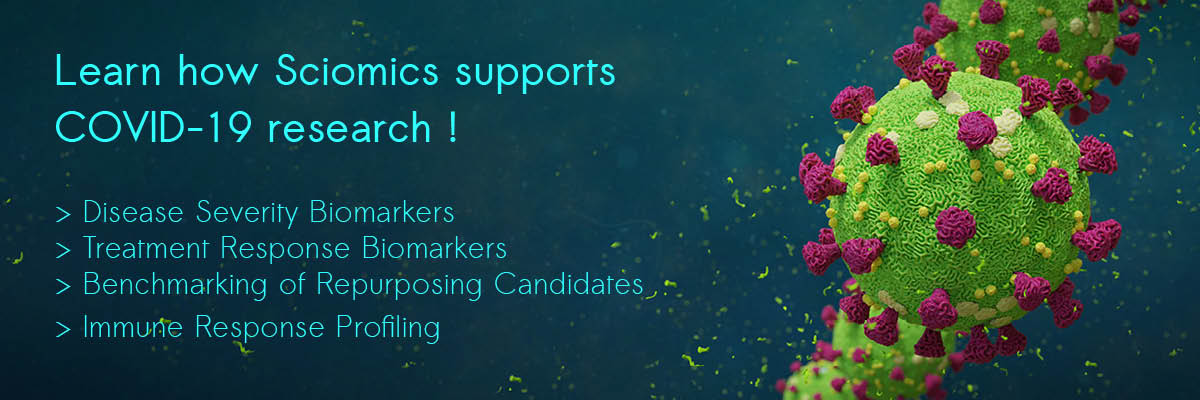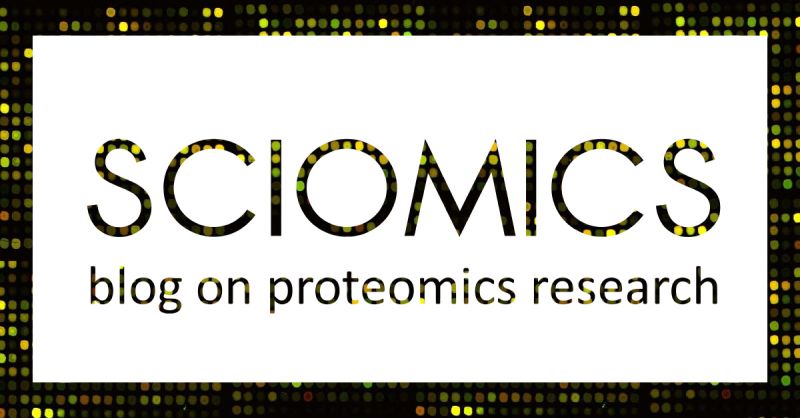scioDiscover - Protein Biomarker Discovery
 Personalised Medicine and Diagnostic Research require techniques to discover and verify novel and more accurate Biomarkers. We offer a comprehensive immuno-based Protein Biomarker Discovery Service using complex Antibody Microarrays. This platform covers key pathway proteins for various diseases as well as secreted proteins and was successfully applied in a variety of biomedical studies. The potential of our platform is underlined by the successful discovery of 4 innovative biomarker signatures.
Personalised Medicine and Diagnostic Research require techniques to discover and verify novel and more accurate Biomarkers. We offer a comprehensive immuno-based Protein Biomarker Discovery Service using complex Antibody Microarrays. This platform covers key pathway proteins for various diseases as well as secreted proteins and was successfully applied in a variety of biomedical studies. The potential of our platform is underlined by the successful discovery of 4 innovative biomarker signatures.
Due to the fully immuno-based workflow a major platform change is not required for further development and therefore can decrease attrition rates of biomarker candidates. With more than 10 years of experience Sciomics is the ideal partner for Protein Biomarker Discovery and Verification.
Biomarker Discovery for:
- Diagnosis
- Differential Diagnosis
- Prognosis
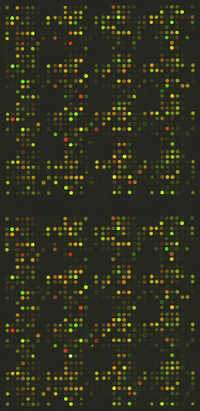
- Therapy Stratification / Drug Response Prediction
- Companion Diagnostics
Features:
- Design of appropriate study layout
- Protein Extraction & Purification
- Protein Quantification
- Protein Labelling with high performance fluorescent dyes
- Fully-automated array incubation and handling
- Array scanning, data acquisition and spot recognition
- Data analysis according to your requirements
- Individual study report
Key advantages:
- Low sample consumption
- Investigation of human and murine samples*
- Fast turnaround time, as low as two weeks**
- No need for laborious depletion or fractionation of your samples
- High sensitivity (as sensitive as an ELISA or better)
- High reproducibility (CV < 10%)
- Various sample types can be investigated
- Serum / Plasma
- Tissue
- Cell culture
- Cerebrospinal fluid (CSF)
- Verification and clinical validation without major platform change
- Parallel Verification of multiple Biomarker Candidates with Custom Antibody Arrays
Overview
Scio-Discover Array
Content Quality
Assurance Contact
us
Reference Customers:Prof. Dr. Faikah Güler, Medical School Hanover, Germany Julian Kamhieh-Milz, Charite, Berlin, Germany |
Case studies: |
* Antibody array is designed to target human proteins. Due to a high sequence homology of vast majority of proteins it was often successfully applied to study murine, rat and ovine models as well [Thorenz A. et al. (2018), Peiro J. et al. (2018), Reichman H. et al. (2019), Raquel F. et al. (2020)].
** depending on study design and sample numbers
